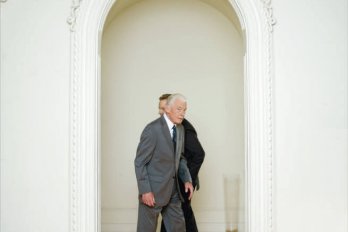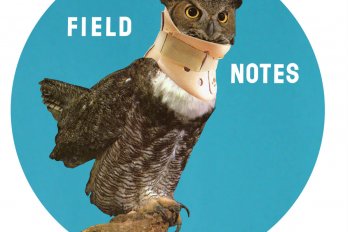qu’appelle valley – In the summer of 2006, a miniseries adaptation of my novel The Englishman’s Boy went into production in Saskatchewan. Since half of the drama is set in the American and Canadian West of 1873, it was decided that a crash course in equitation was necessary for the actors. When I learned this “cowboy camp” was being convened in the Qu’Appelle Valley, north of Regina, wild horses couldn’t have kept me away. For males of a certain age, who galloped their mothers’ brooms over backyard ranges in the fifties, holstered cap guns flapping against their thighs, the fantasy of playing cowboy is lethally attractive.
On the first morning of instruction, I arrived wearing a pair of boots I had bought in Dallas fifteen years before and worn only once or twice since. My middle-aged feet had spread like the rest of me, forcing me to mince about camp in a most unmanly fashion. The wranglers in charge of teaching horsemanship were former professional rodeo riders and ranchers – laconic, leathery types given to unfathomable stares, most of which I felt were directed my way.
The first course was a safety primer, covering topics such as how to approach a horse from behind without getting kicked into the bleachers, or what to do if you find yourself on a careering runaway. For instance, don’t scream. It might further panic the horse. Next, each actor was assigned a mount and spent time currying and feeding it and performing other ingratiating services meant to encourage it to, if not like you, tolerate you. I lingered hopefully on the fringes like a kid awaiting the call to join a pickup football game. Invitations were not forthcoming.
By the time the actors were engaged in learning the rudiments of steering, stopping, and accelerating their new four-legged friends, I was in a desperate state of unrequited desire. Making meek, supplicating motions, I approached a wrangler who had just ridden up and identified myself as the writer. Like Richard III, I abjectly begged for a horse.
“Take mine,” he said and, dismounting with catlike grace, left me to claw myself aboard, joints grinding and creaking. This was a mistake. Wranglers’ horses are not like the ones assigned to actors. They are provided with the most docile horseflesh available, because injury to the talent would be a catastrophe. But what happens to the writer is not a cause for concern.
On the ensuing trail ride, the grin soon melted off my face as I wrestled to restrain my high-spirited steed. If it bolts, I reminded myself, resist the urge to shriek. Better to die in silence than in disgrace.
In the next few days, I found myself aching in places I didn’t know I owned and walking like an animated wishbone. Meanwhile, the actors were soldiering on, growing ever stiffer, sorer, and more chafed. They were also learning that horses, like thespians, sometimes exhibit quirks, foibles, and temperament.One morning at breakfast, I asked one of the actors, who sat morosely stirring his fruit cocktail, what was the matter. He blurted out, “My horse hates me. He knows I’m from Toronto and I’m wearing pantyhose.”
It was a charged, confessional moment. Only later did I learn that all the other actors had also donned pantyhose. The wranglers had given them a “tip.” Hosiery minimized saddle friction, preventing flesh from getting rubbed to hamburger. They had descended on a womenswear store to get outfitted.
Too soon, I had to leave, despairing at having notched only a single ride. When I returned weeks later, all the actors from Vancouver and Toronto had developed a blasé competence around horses and were now being glamorously referred to as “the posse.” As a Westerner, I seethed at the unfairness of it all. But one afternoon, when an actor was somehow occupied and his horse needed to be ridden to a location, I was called upon. “Guy, take Michael’s horse. Go with the posse.”
Michael happens to be considerably shorter than me, but there was no time to adjust the stirrup lengths. Off I went, an overweight, superannuated jockey, knees hovering near my armpits. At the top of a hill, I halted to take in the scene. By squinting my eyes, I was able to banish the craft-services vehicle and other cinematic impedimenta below. In the valley, teepees glistened in glaring sunshine. Raked by a breeze, a grove of poplars flashed silver. Insects hummed in the heat. The posse filed down the slope, costumed and armed. I drank it all in. By marrying movie illusion with psychological delusion, my fantasy was fulfilled. At age fifty-five, better late than never, I had become a high plains drifter.






